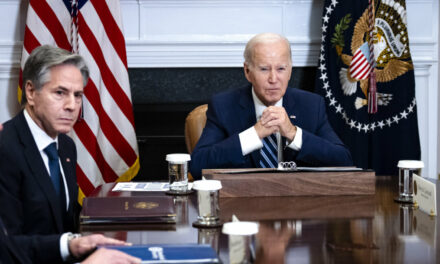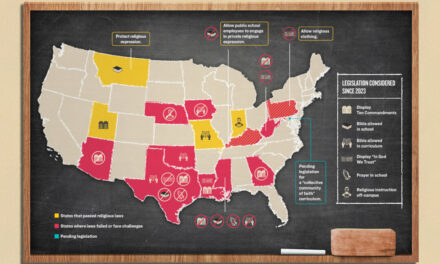We support our Publishers and Content Creators. You can view this story on their website by CLICKING HERE.
Debate over the visa program has erupted on social media in recent days.
President-elect Donald Trump spoke favorably of H-1B visas for highly skilled workers in an interview with The New York Post on Dec. 28, appearing to align himself with Elon Musk in the ongoing heated debate over the issue.
The H-1B visa program allows up to 65,000 highly skilled foreign workers annually, plus 20,000 foreigners who obtained an advanced degree from a U.S. institution, to fill specialized roles in the U.S. workforce.
In his first term, Trump implemented restrictions on foreign worker visas and expressed criticism of the program. However, his 2024 campaign hinted at a potential shift, indicating openness to granting H-1B visas, or even green cards, to foreign-born graduates of U.S. universities.
Trump’s remarks to The Post were made a day after Musk vowed to go to “war” in defense of the H-1B visa program in response to critics calling for the visas to be eliminated.
While Musk has argued that U.S. immigration policies should prioritize attracting top global talent, critics contend that the program often displaces domestic workers and drives down wages.
Musk’s endorsement of the visas has triggered heated debate online, as well as some opposition from factions within Trump’s political base and from conservatives more broadly.
Krikorian suggested replacing the visa lottery and certain “chain-migration” categories with a merit-based system, reallocating visas to skilled workers on the basis of factors like education level and existing job offers. This approach, he argued, would increase skilled immigration while reducing overall immigration levels.
Countries like Canada and Australia use merit-based points systems of the type Krikorian has suggested. While there have been legislative efforts in the United States to adopt a merit-based system for guest worker visas, none have succeeded.

 Conservative
Conservative  Search
Search Trending
Trending Current News
Current News 






